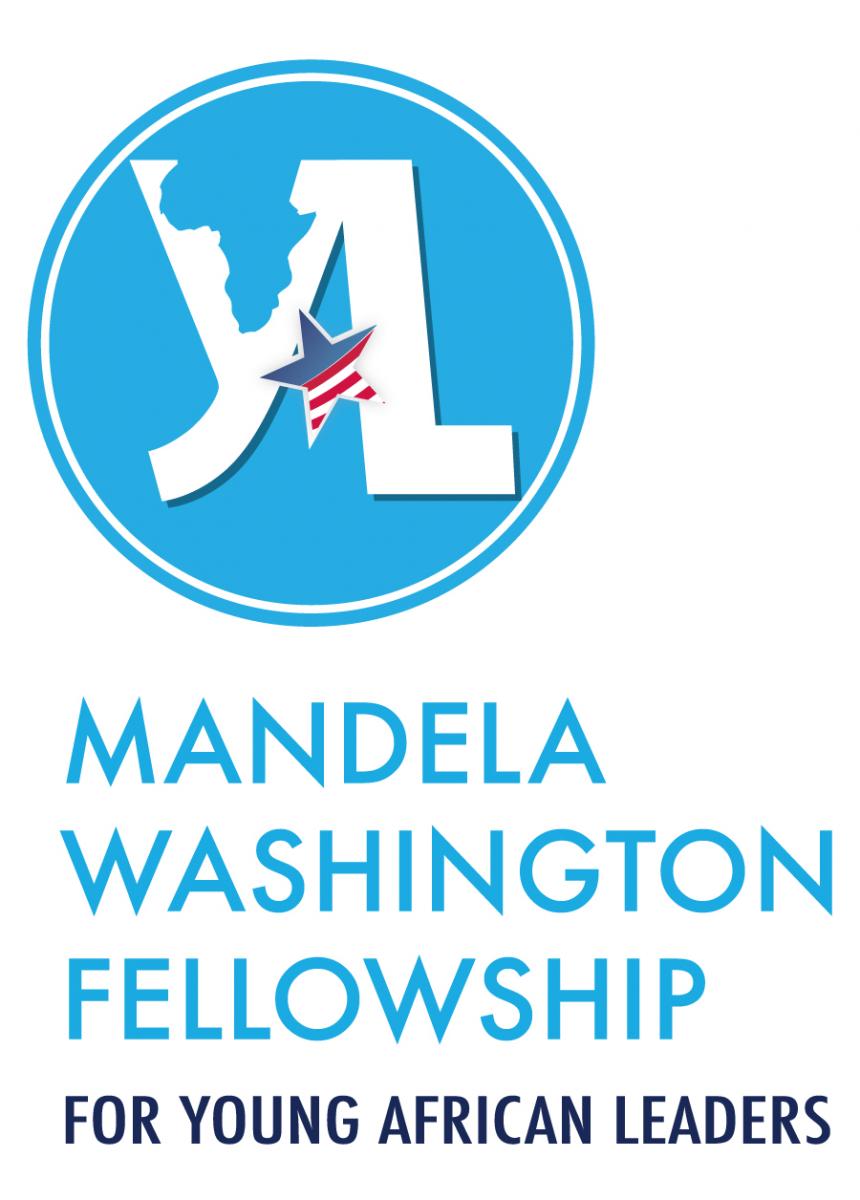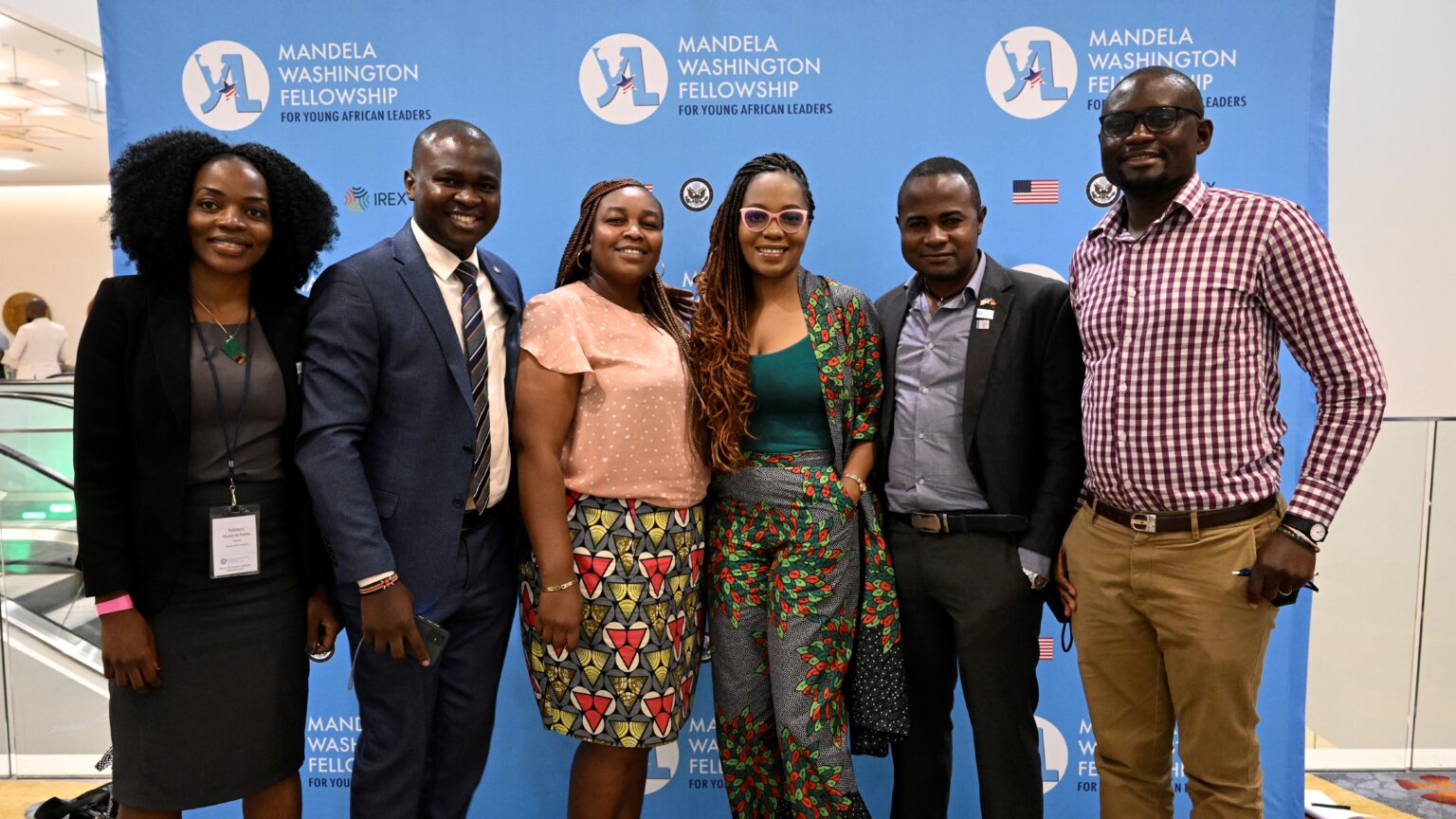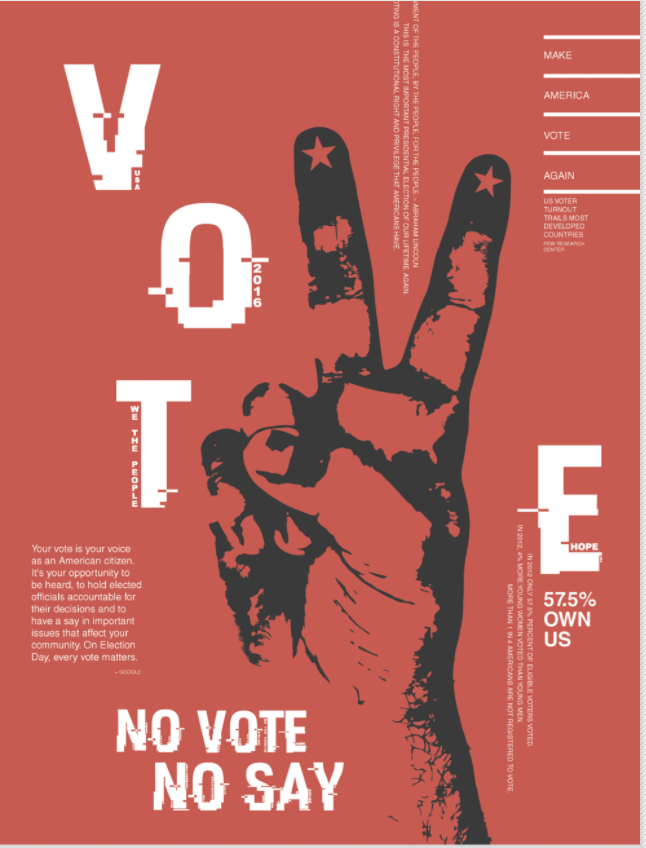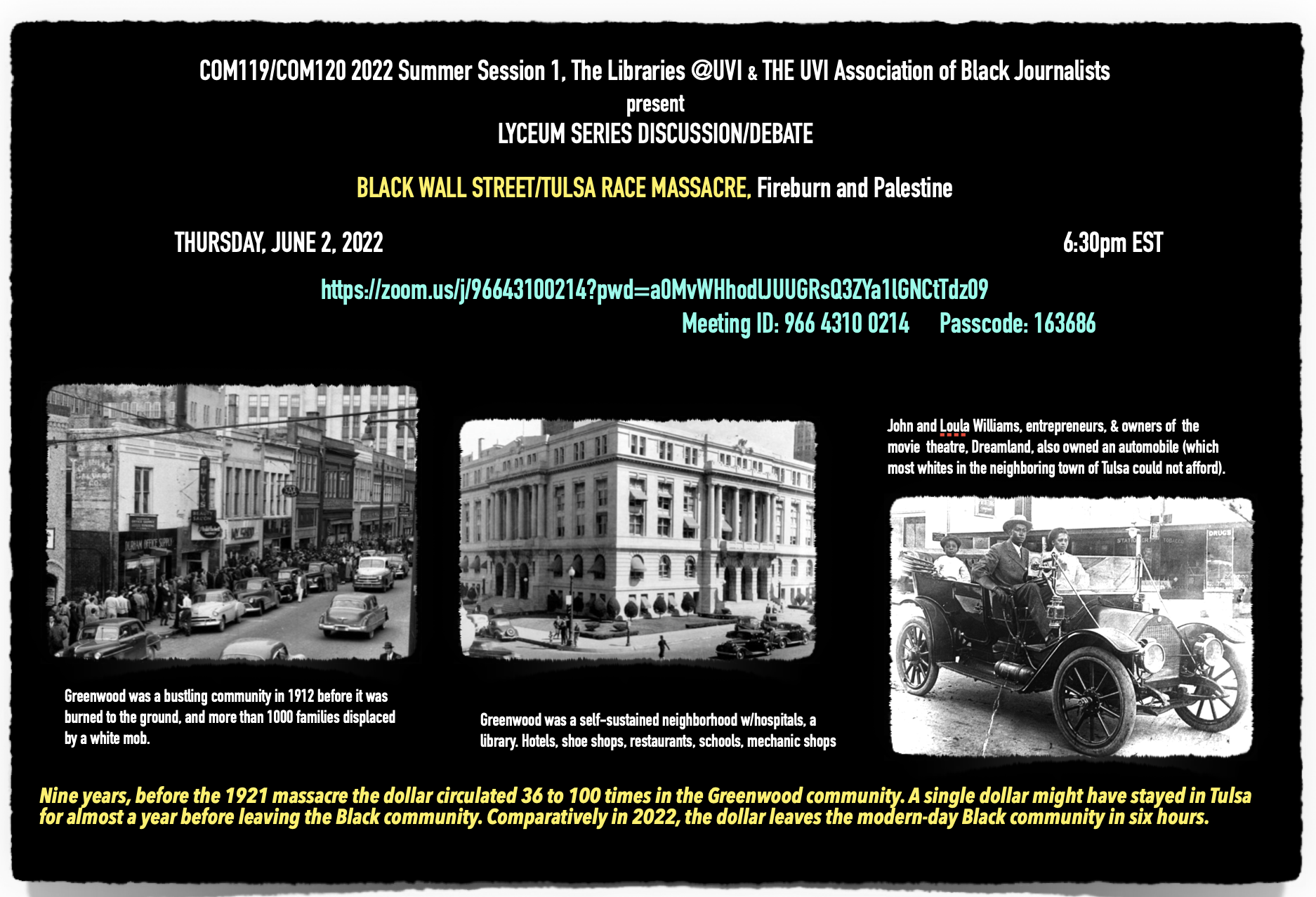The Young African Leaders Initiative is Set to Expand from a $100 Million Investment
By Kyra Edwards
(STX-February 4, 2023) The Young African Leaders Initiative (YALI) is set to receive an investment of more than $100 million, says Vice President Kamala Harris at the U.S.-Africa Leaders Summit in December 2022.
The YALI was launched in 2010 and is the United States’ primary project to support the next generation of African leaders.
YALI, managed and implemented by the U.S. Department of State and the United States Agency for International Development (USAID), fosters leadership and entrepreneurship skills among participants while connecting them with their peers and the American people.
The new investment will facilitate the creation of the Young African Leaders Exchange and the expansion of the YALI’s founding flagship program, the Mandela Washington Fellowship for Young African Leaders.
Through this annual program, fellows participate in six-week leadership institutes while studying business, civic engagement, or public administration at American colleges or universities.
Fellows connect with Americans and local U.S. communities through community service and other cultural activities.
The fellowship is funded by the U.S. government and administered by the International Research & Exchanges Board (IREX).
For the past three years, the program has been challenged by the COVID-19 pandemic, says Meredith Lopez, the manager for fellowship communications.
In 2020, the in-person fellowship activities were substituted for a suite of virtual programming.
The 21 courses and resources, accessible via the Fellowship Portal, ranged in topics under two broad categories, “Leading in a Crisis” and “Leading in the Changing Paradigm.”
The two subsequent years saw the participants engaged virtually once more, “as the fellows’ health and safety were of paramount importance,” says Lopez.
Fellowship Alumni gained access to exclusive courses with the chance to obtain badges and certificates shared on social media sites like LinkedIn.
June 2023 will see the return of in-person activities, with 28 schools across the country expected to host 700 young African leaders.
June 2023 will see the return of in-person activities, with 28 schools across the country expected to host 700 young African leaders.
The schools will engage with the fellows through academic courses, workshops, mentoring, and collaboration with the local community.
Preparations are steadily underway, assures Lopez. The final fellow selection process is wrapping up, following an open application call producing 50,000 applicants across Sub-Saharan Africa.

Fellow prep is also ongoing. The participants, through the fellowship portal, have access to a host of pre-fellow material, including a fellowship handbook, and will participate in fellowship orientation sessions with their local U.S. embassies before arriving at their Leadership Institutes.
While the program has experienced significant positive changes from its inception to now, any changes considering the additional funding towards YALI depend on the priorities of the U.S department of state.
As of now, Lopez hopes to see the funds facilitate increased alumni engagement and interactions.
The additional funding toward the YALI embodies the U.S. commitment to investing in the continent.
As per the U.S. Strategy toward Sub-Sharan Africa, the United States is committed to renewing existing programs and developing new initiatives.
The U.S. is prioritizing innovation and partnership with Africans to tackle shared global challenges.
The U.S. is prioritizing innovation and partnership with Africans to tackle shared global challenges.
Through these funds, YALI will be able to train and mentor more young African men and women in leadership roles, which will result in transformational change for the continent.
Additionally, YALI will be able to mobilize the private sector, the African diaspora, and the government to promote economic development, digital connectivity, gender equality, and entrepreneurial spirit among young African leaders working in business and entrepreneurship, public management, and civic leadership.





26 COMMENTS